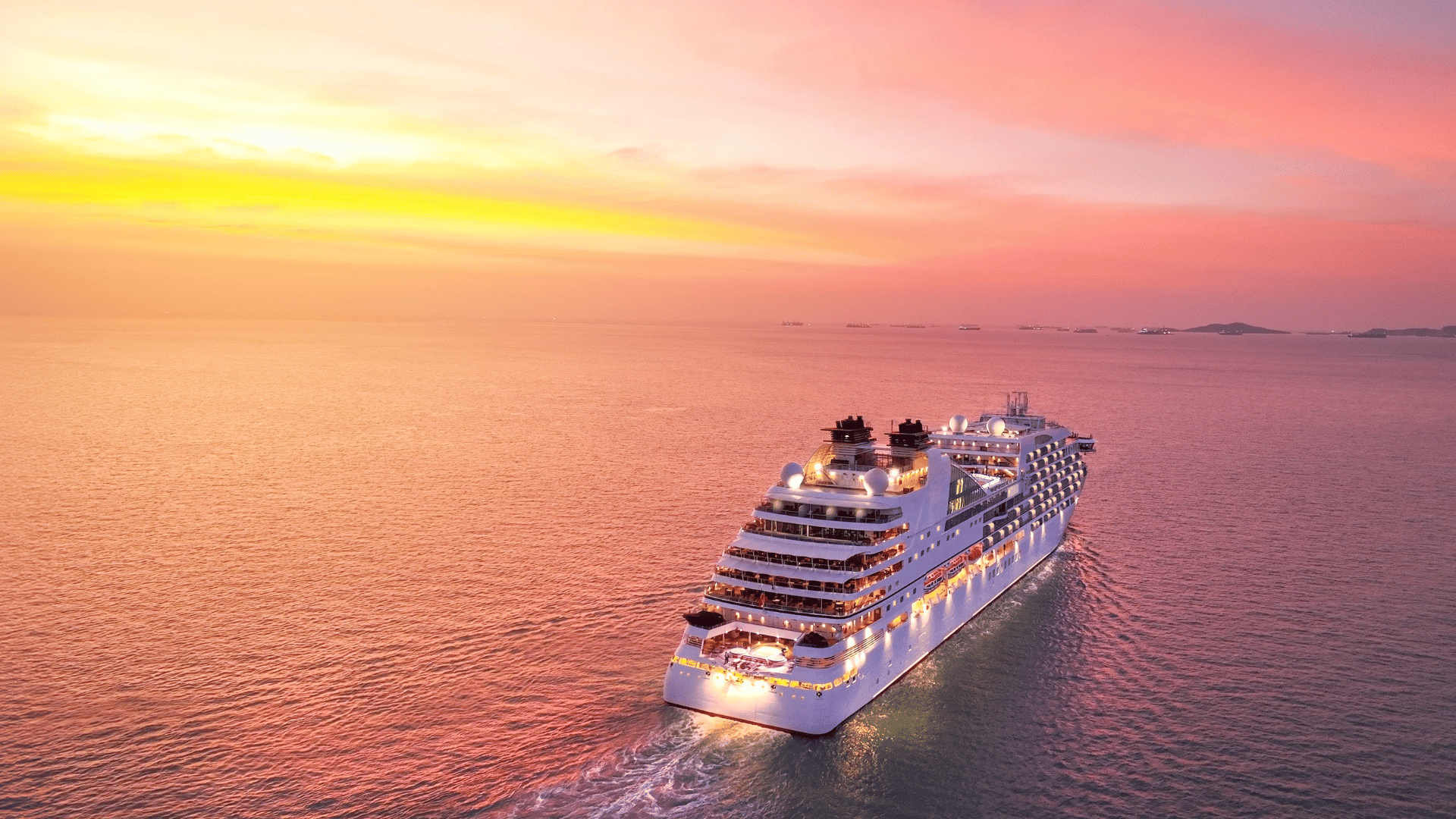The global maritime industry wants to transition towards environmental sustainability. Hyundai joined the efforts with an investment in fuel cell technology for cruise ships. More specifically, the company focuses on Solid Oxide Fuel Cell (SOFC) systems. According to Hyundai, SOFCs are efficient and reduce emissions.
Leading this effort is HD Hyundai, a South Korean industrial group known for its expertise in shipbuilding and hydrogen innovation. According to Portnews, it has three key affiliates: HD Korea Shipbuilding & Offshore Engineering, HD Europe Research & Development Center, and HD Hydrogen.
HD Hyundai formalized a Joint Development Project (JDP) agreement with DNV, a global classification society, and TUI Cruises, a prominent European cruise operator.
The integration of fuel cell technology, particularly SOFCs, offers various benefits for cruise ships and extends across the maritime industry. It addresses both environmental priorities and operational efficiencies.
Advantages of Fuel Cell Technology for Maritime Transport

Solid Oxide Fuel Cells (SOFCs) are advanced energy systems that combine hydrogen and oxygen to make electricity, without burning fuel. Because the chemical process doesn’t use combustion, it minimizes harmful emissions, like carbon dioxide and air pollutants. According to scientists, the hydrogen they use can come from different sources, such as natural gas or ammonia. This allows flexibility in how the system is fueled. Additionally, SOFCs can reuse the heat they generate.
According to AInvest, this capability helps vessels comply with increasingly strict international regulations that aim to substantially reduce emissions.








